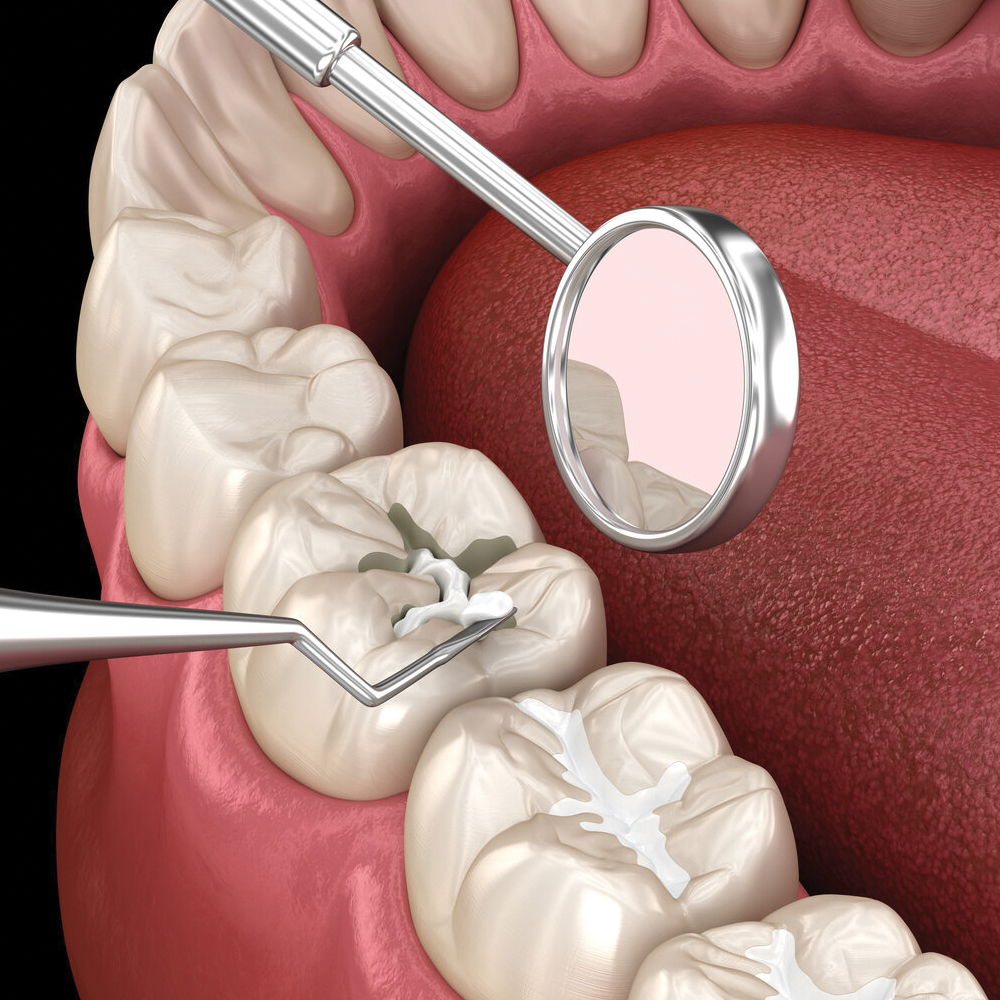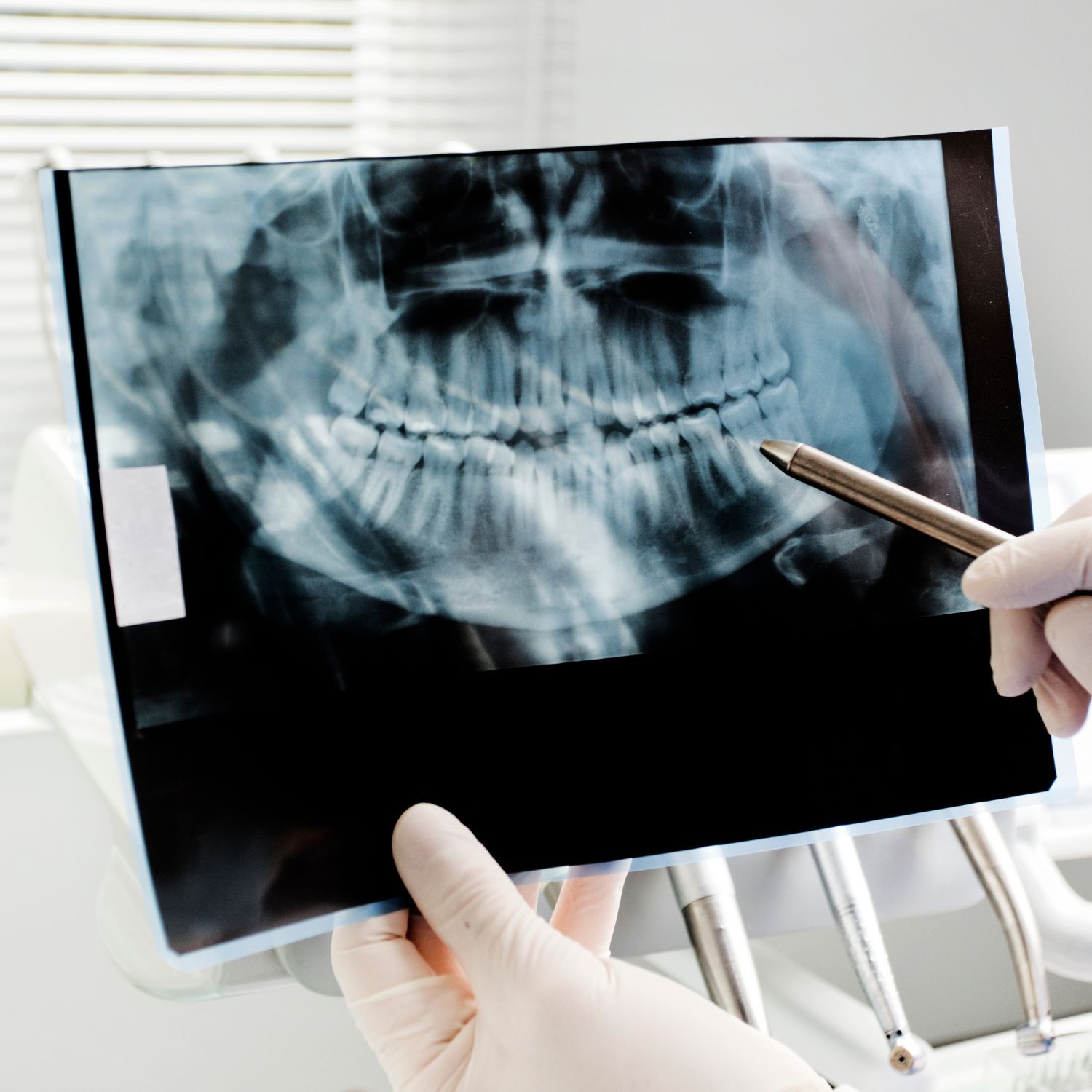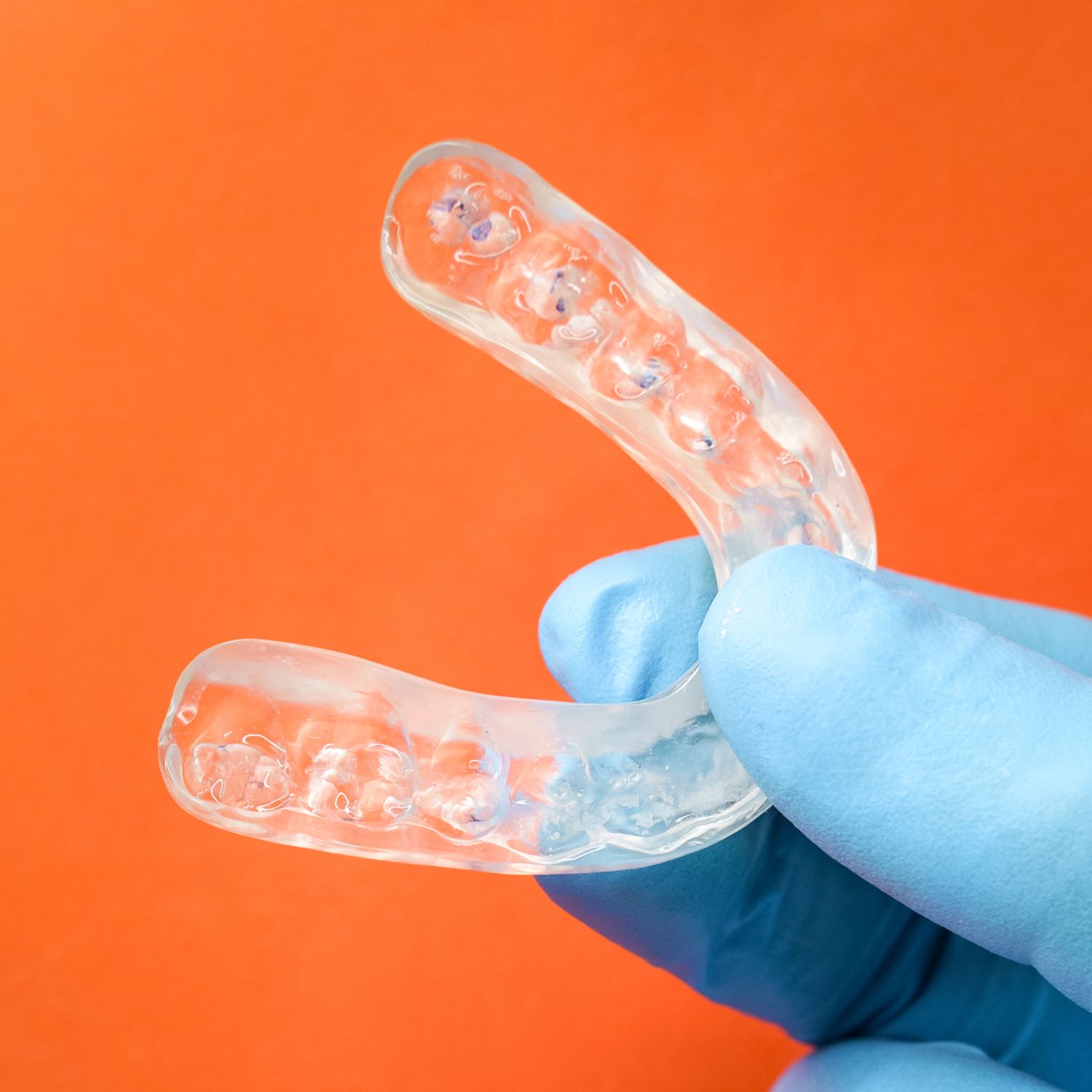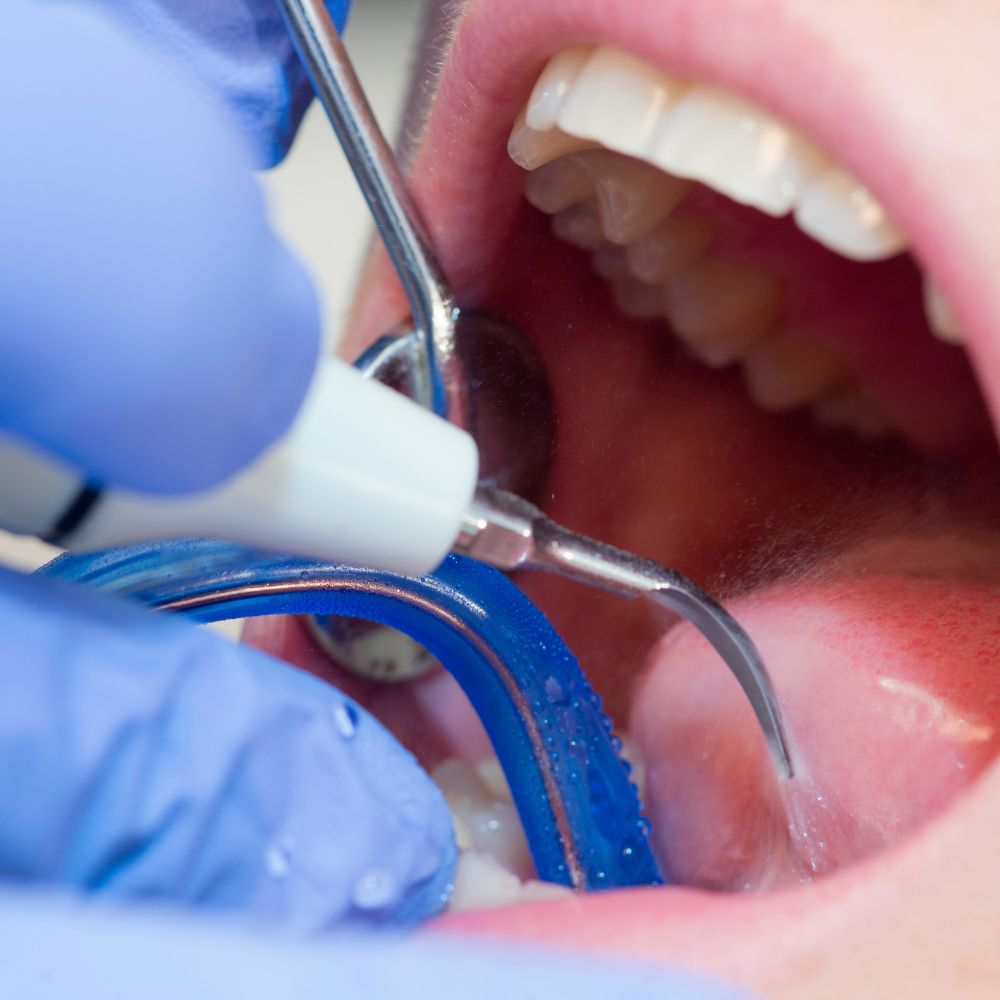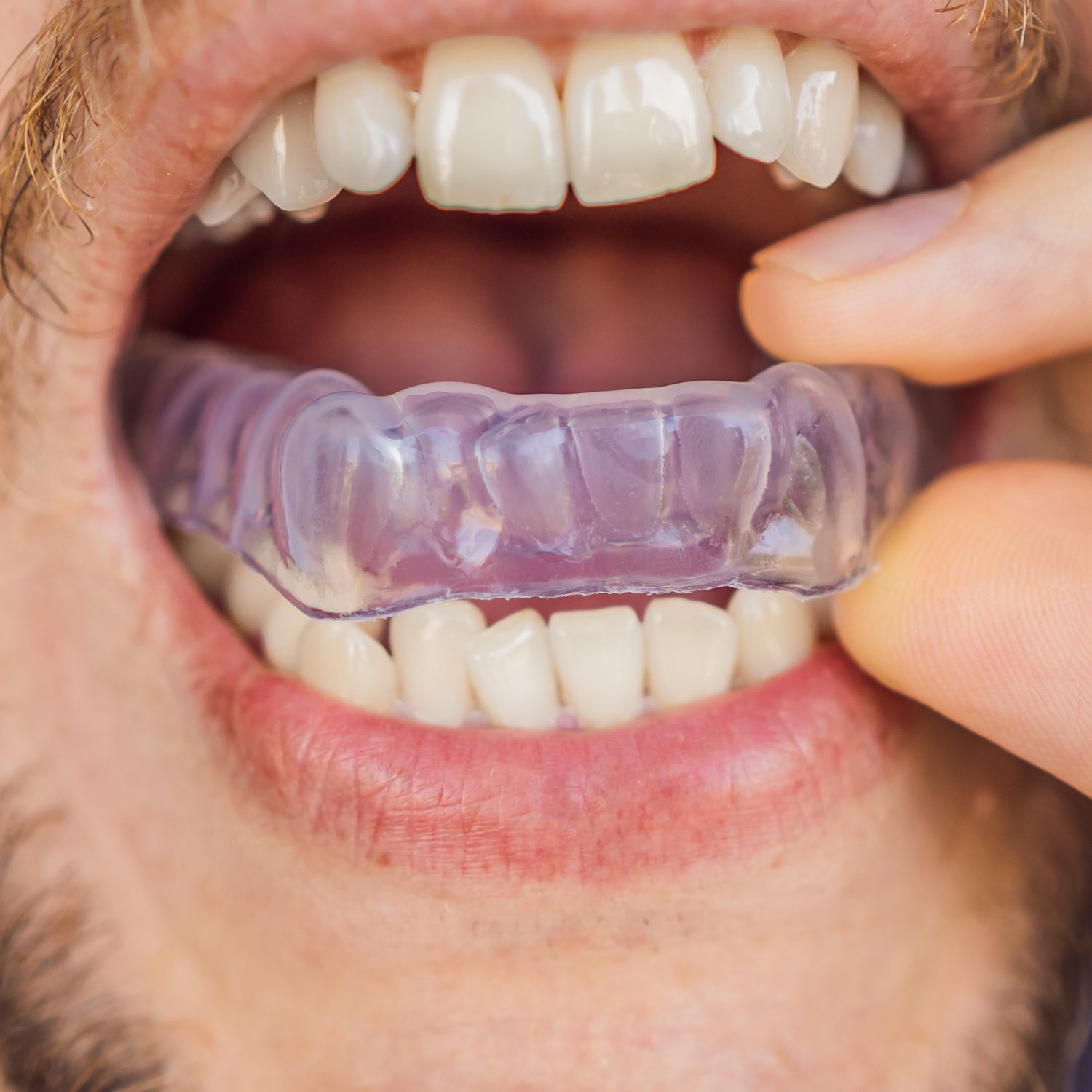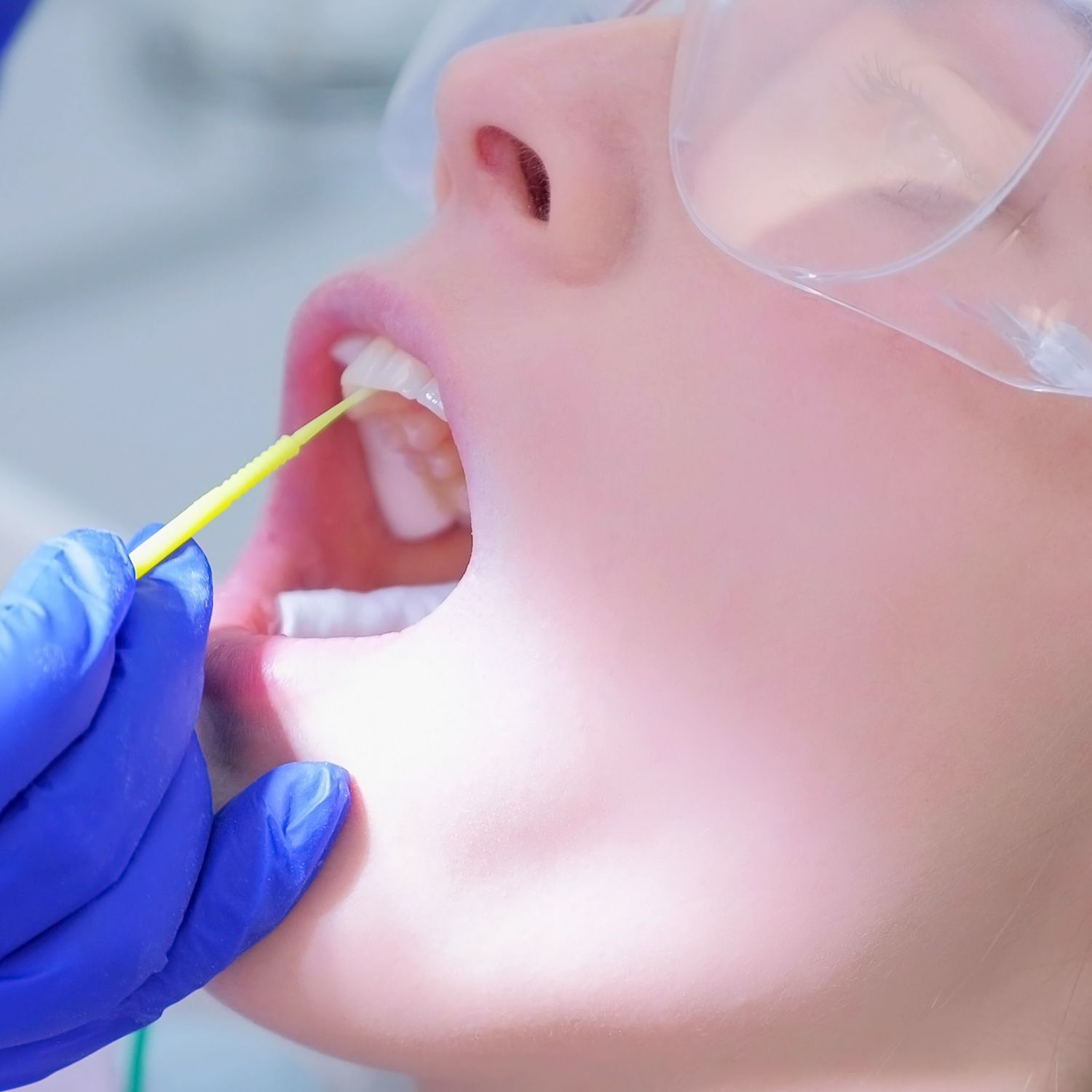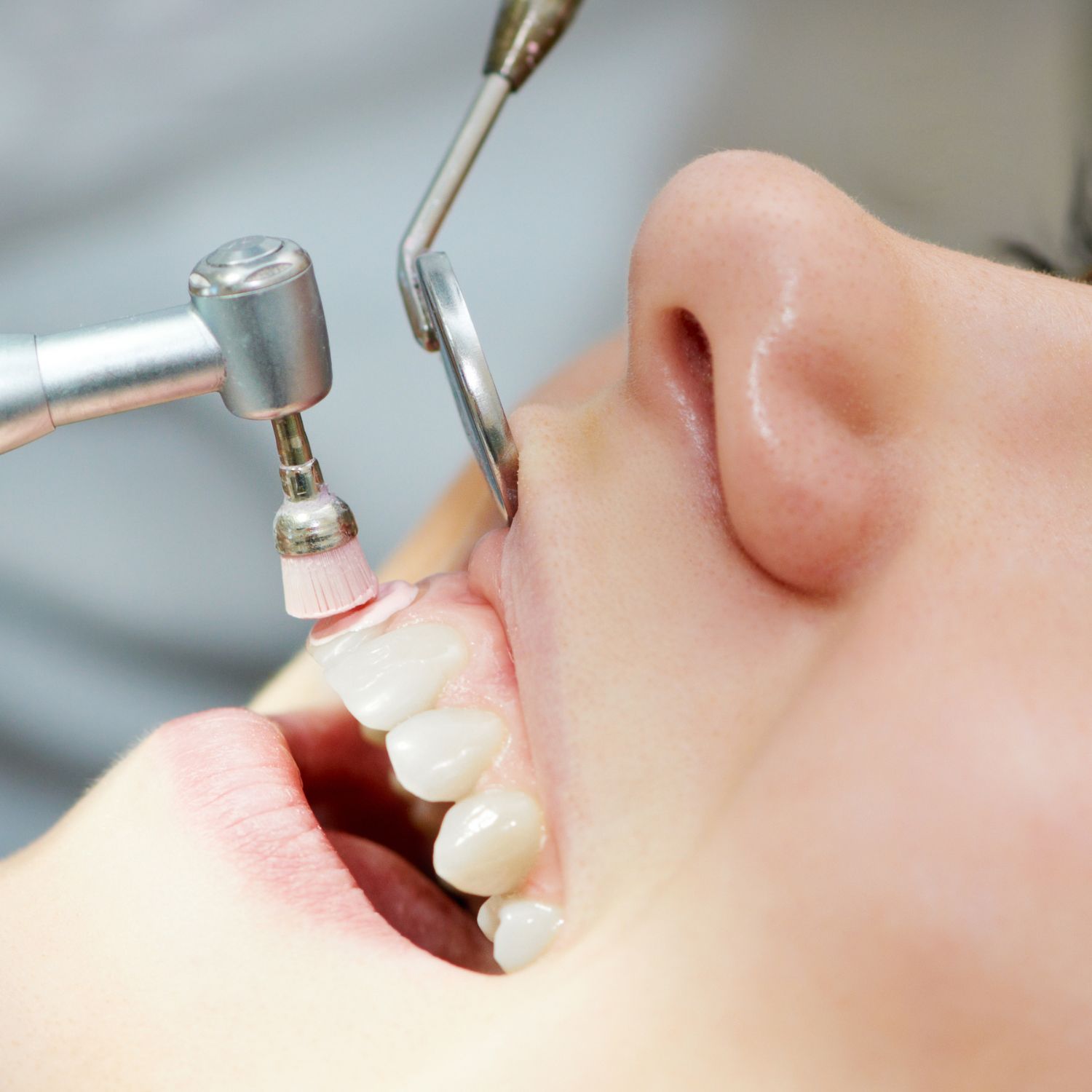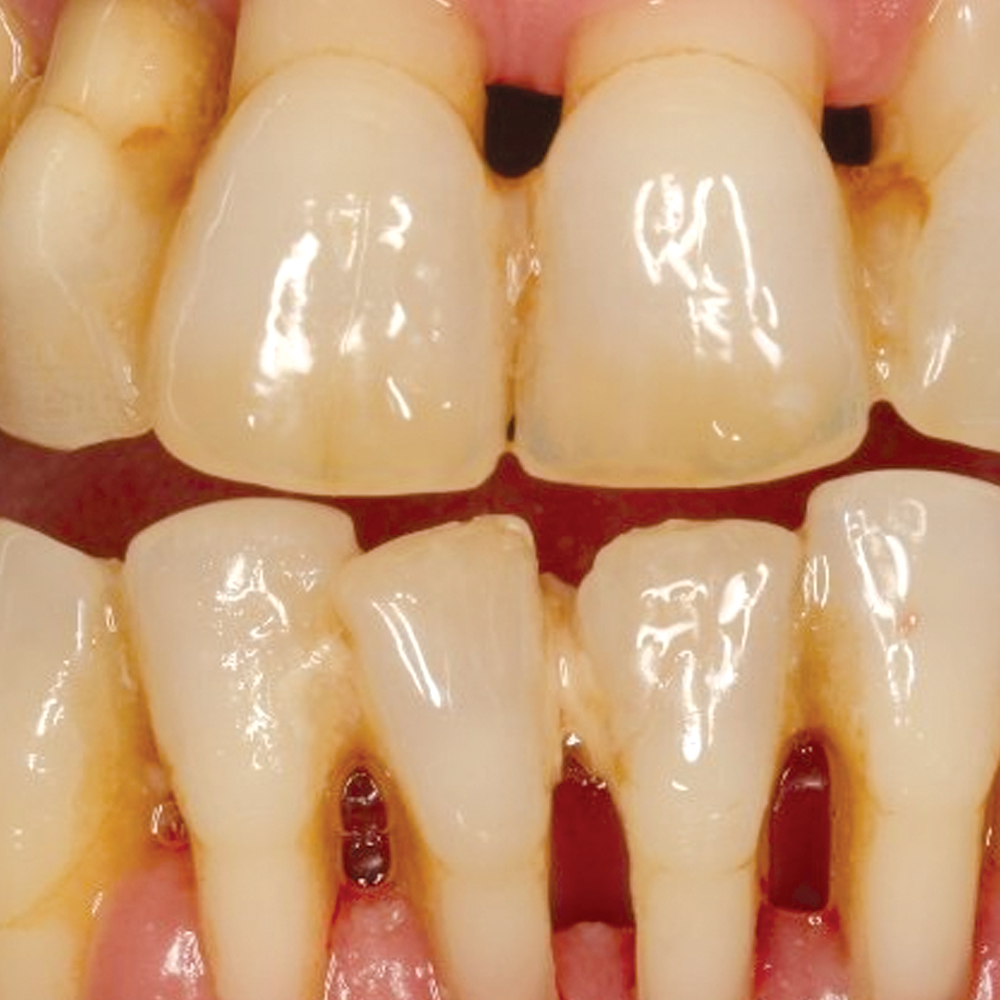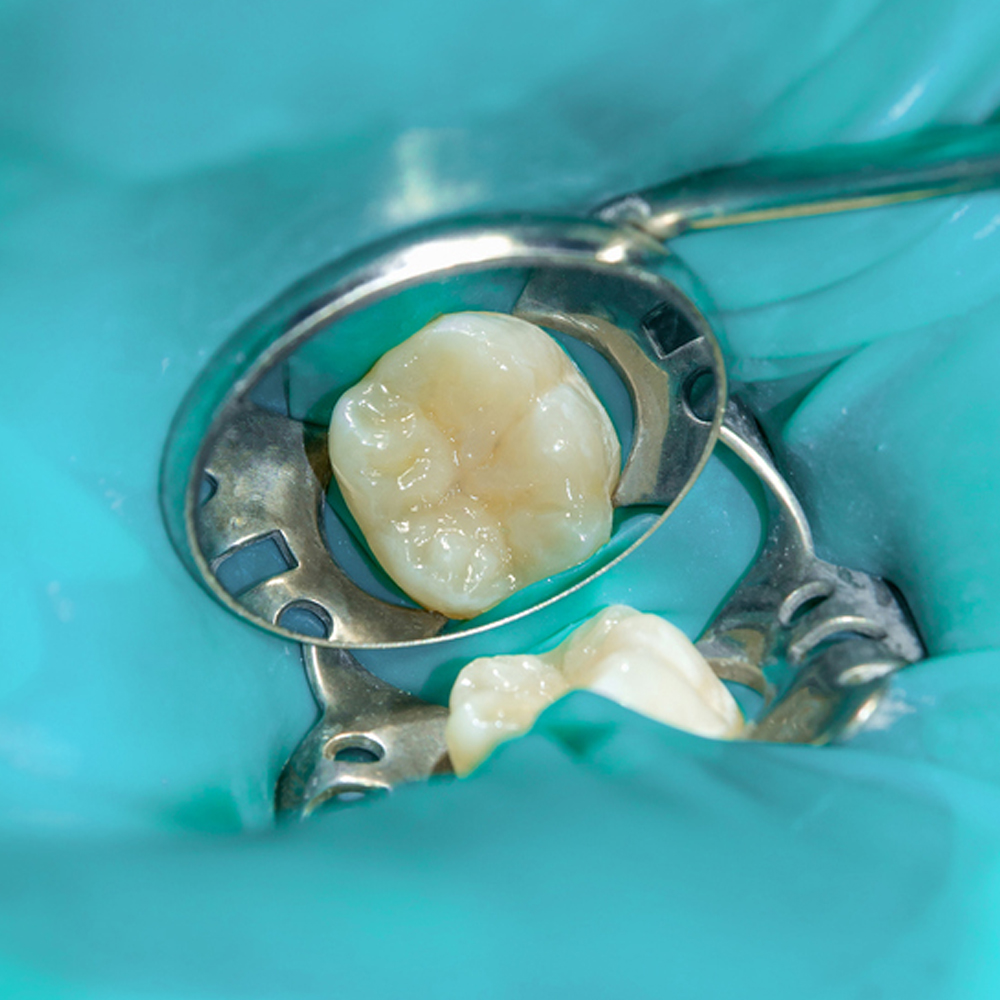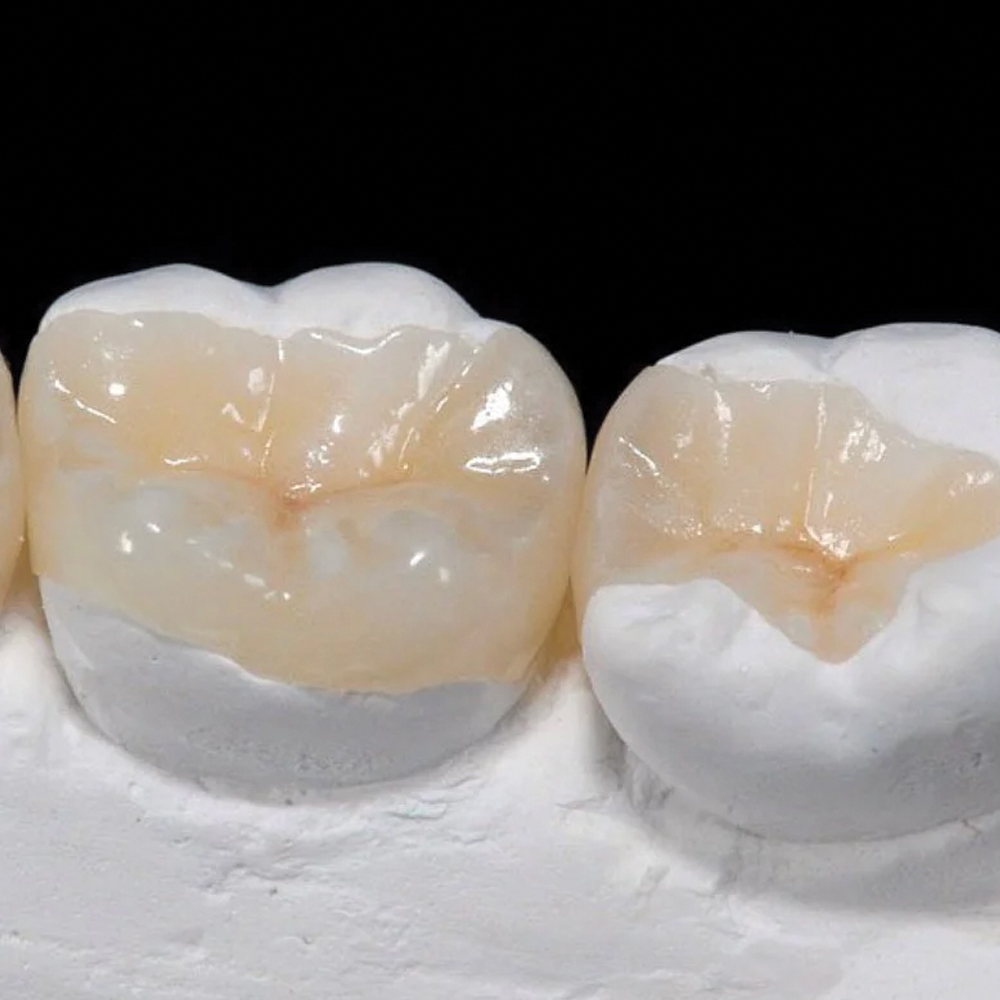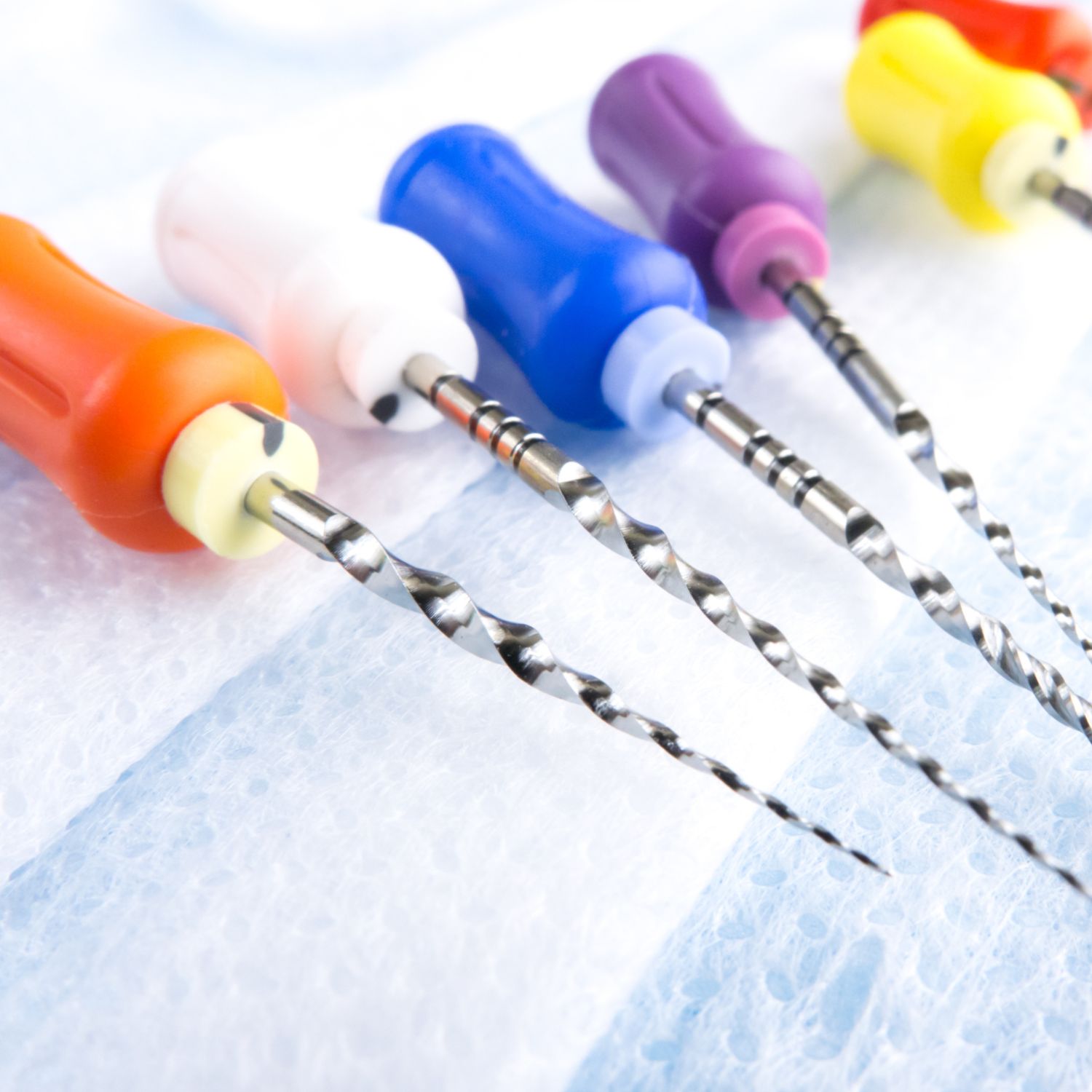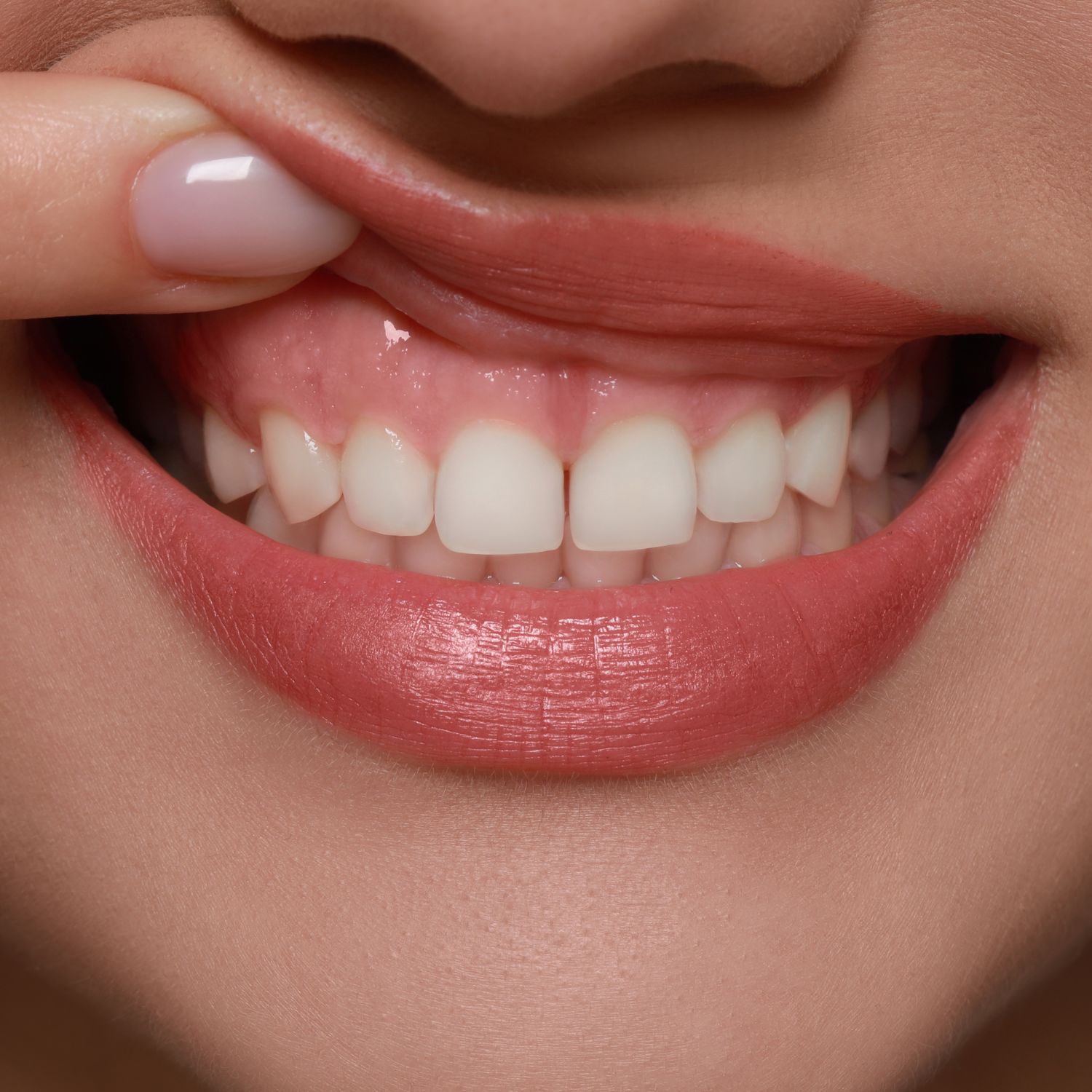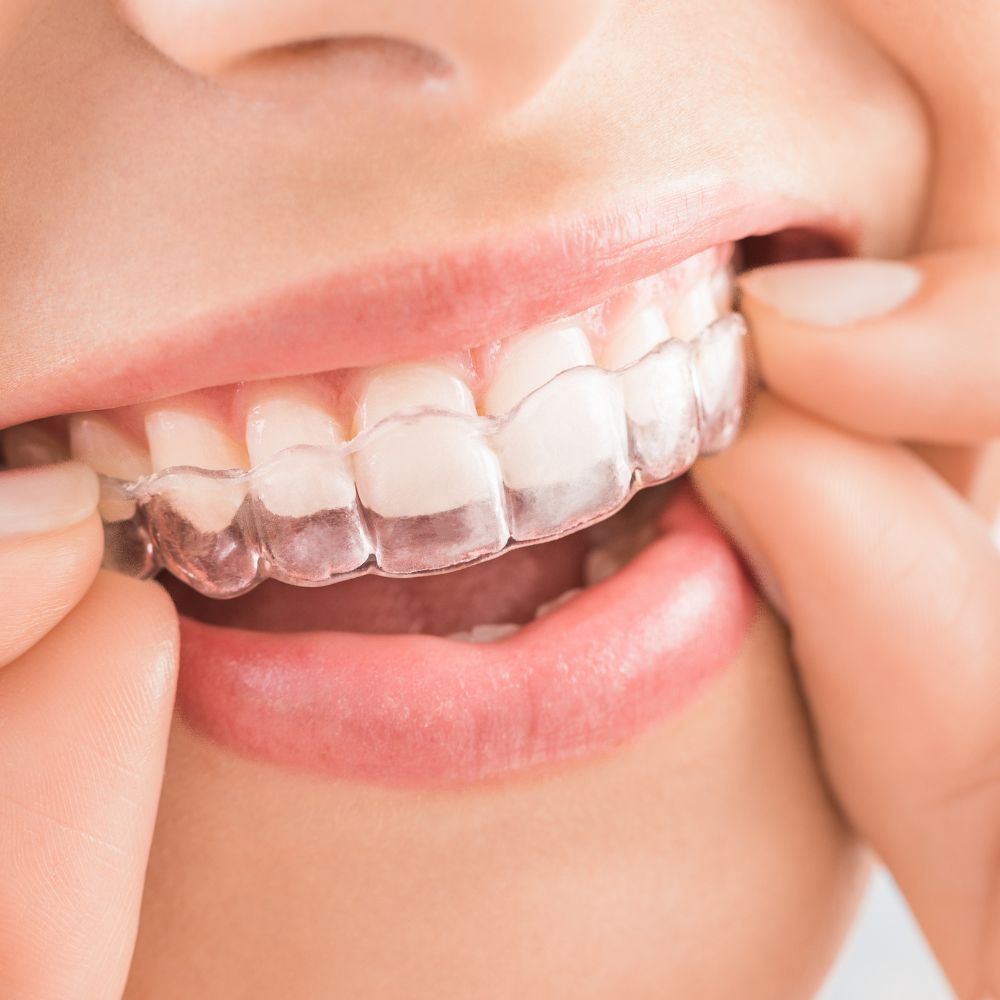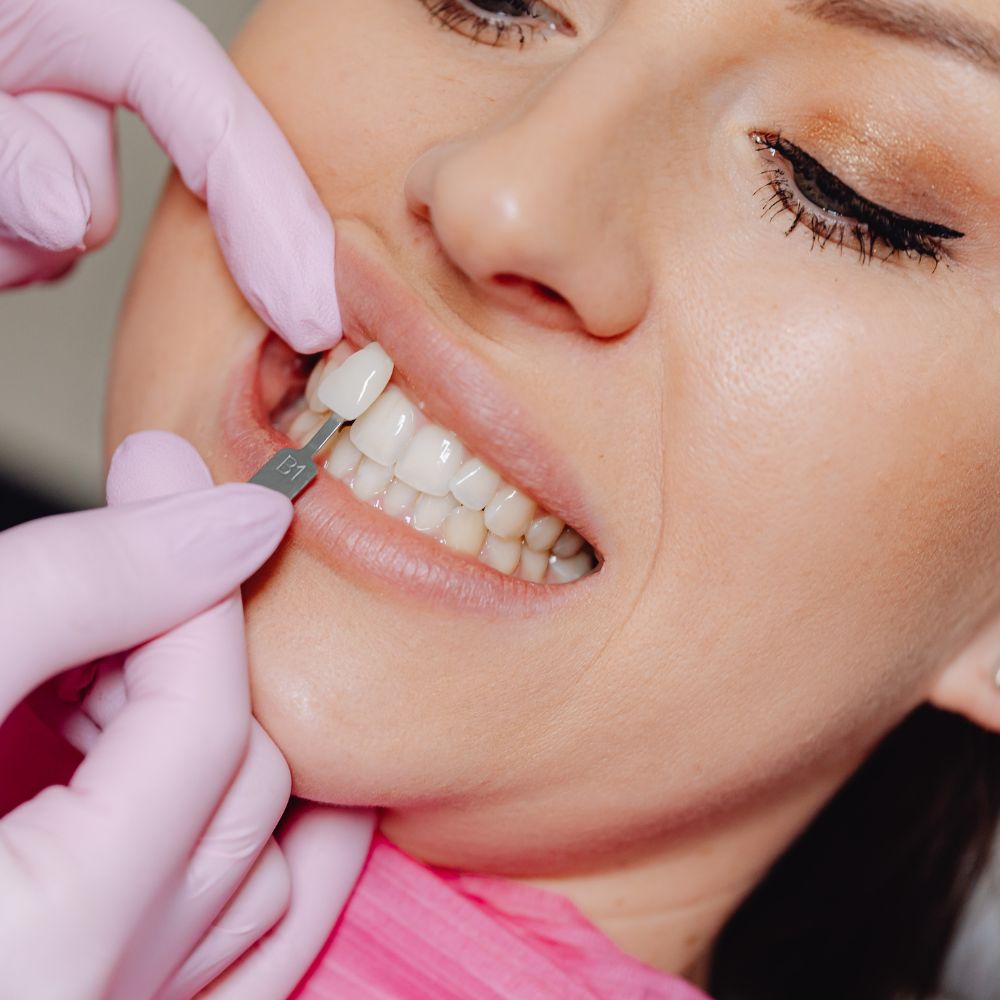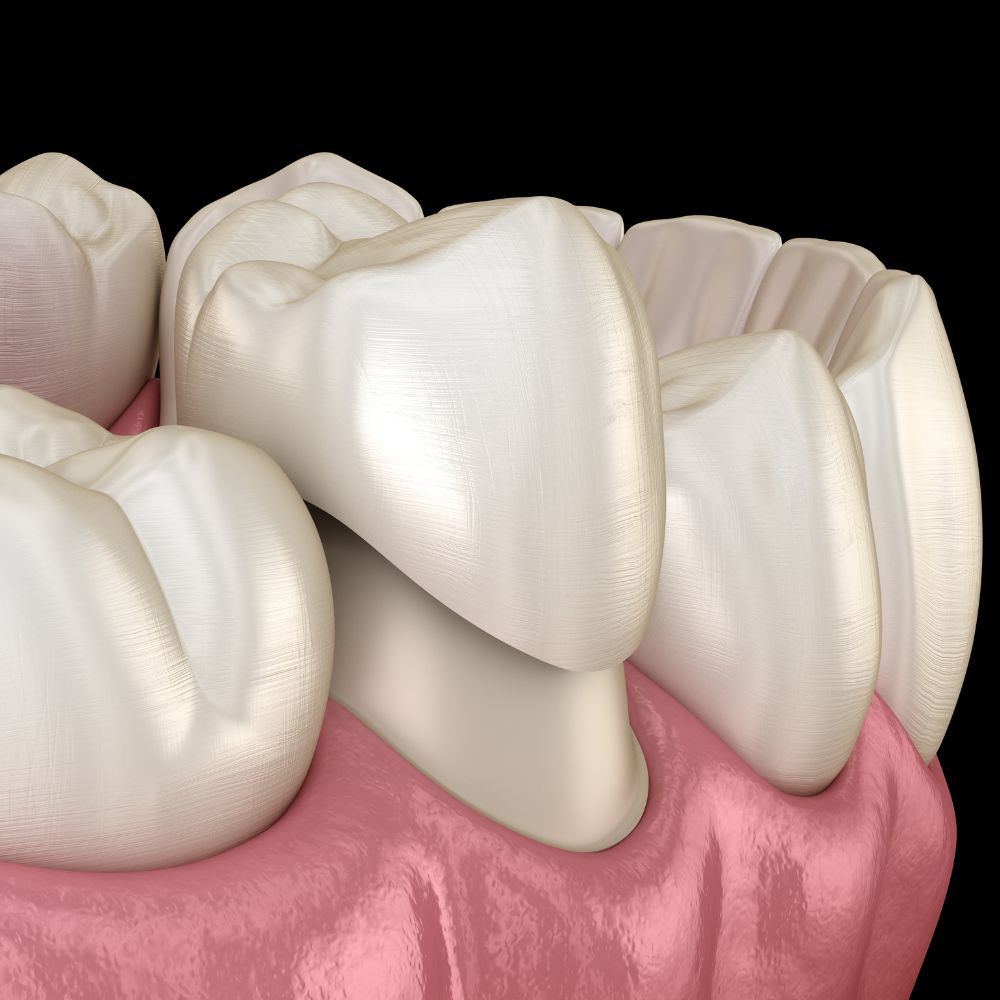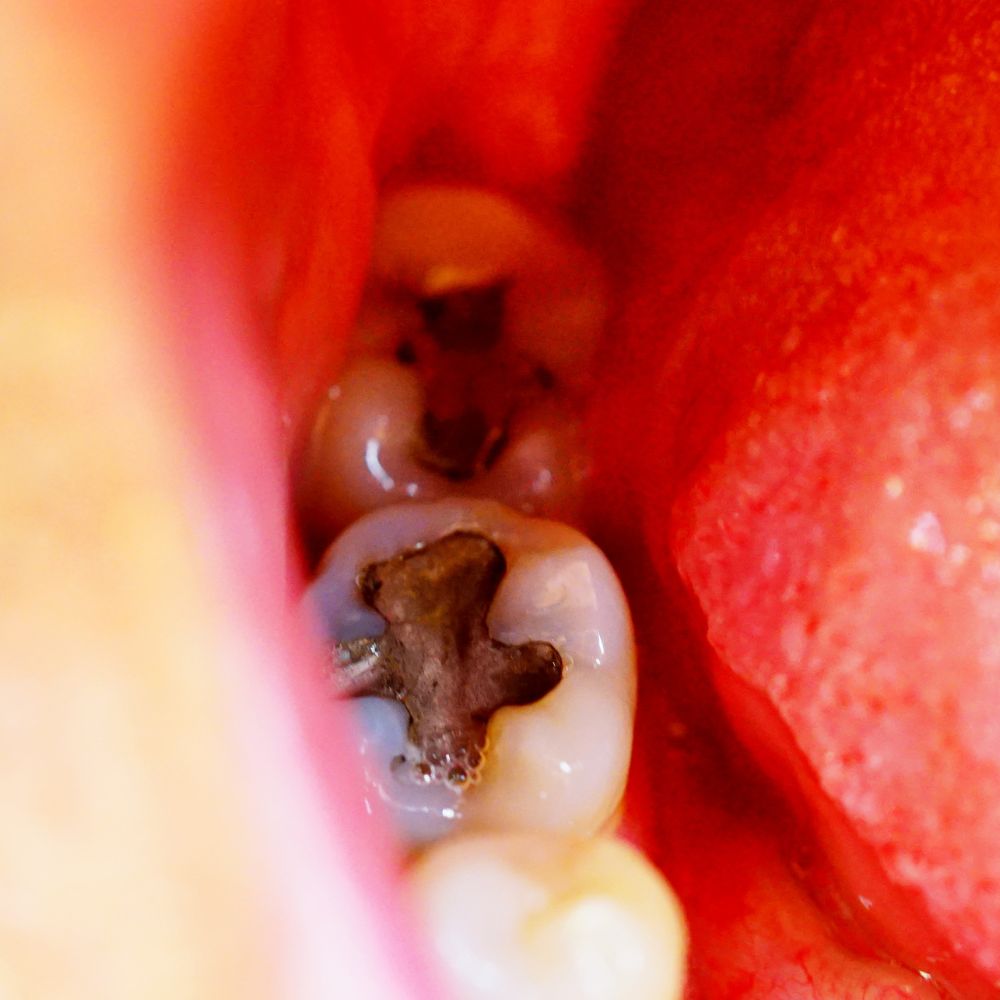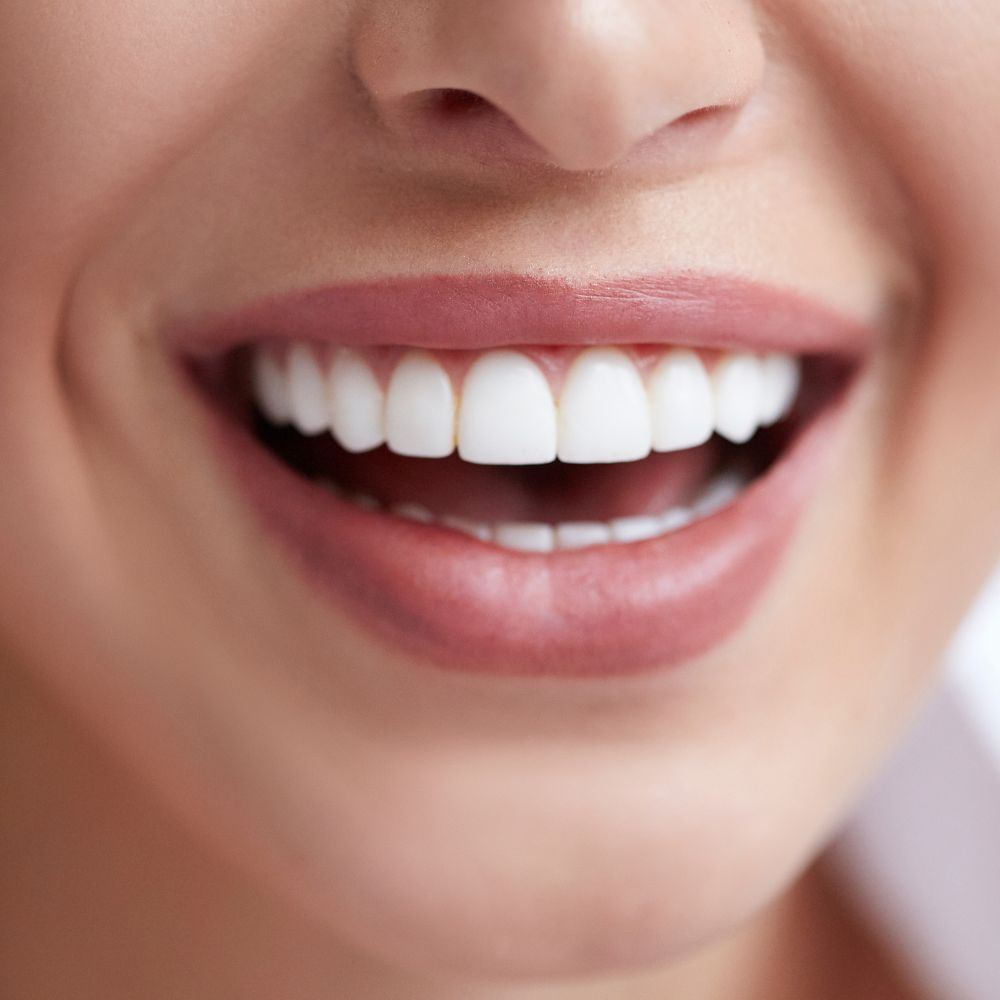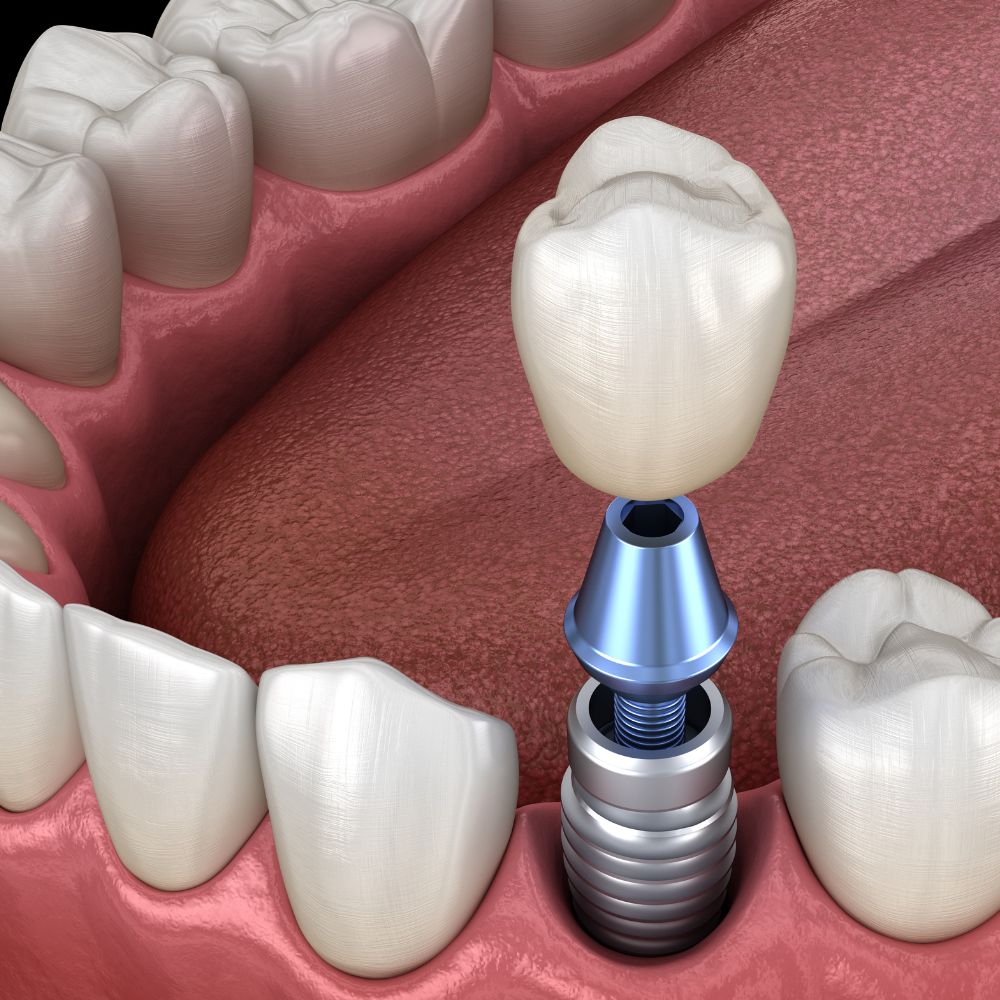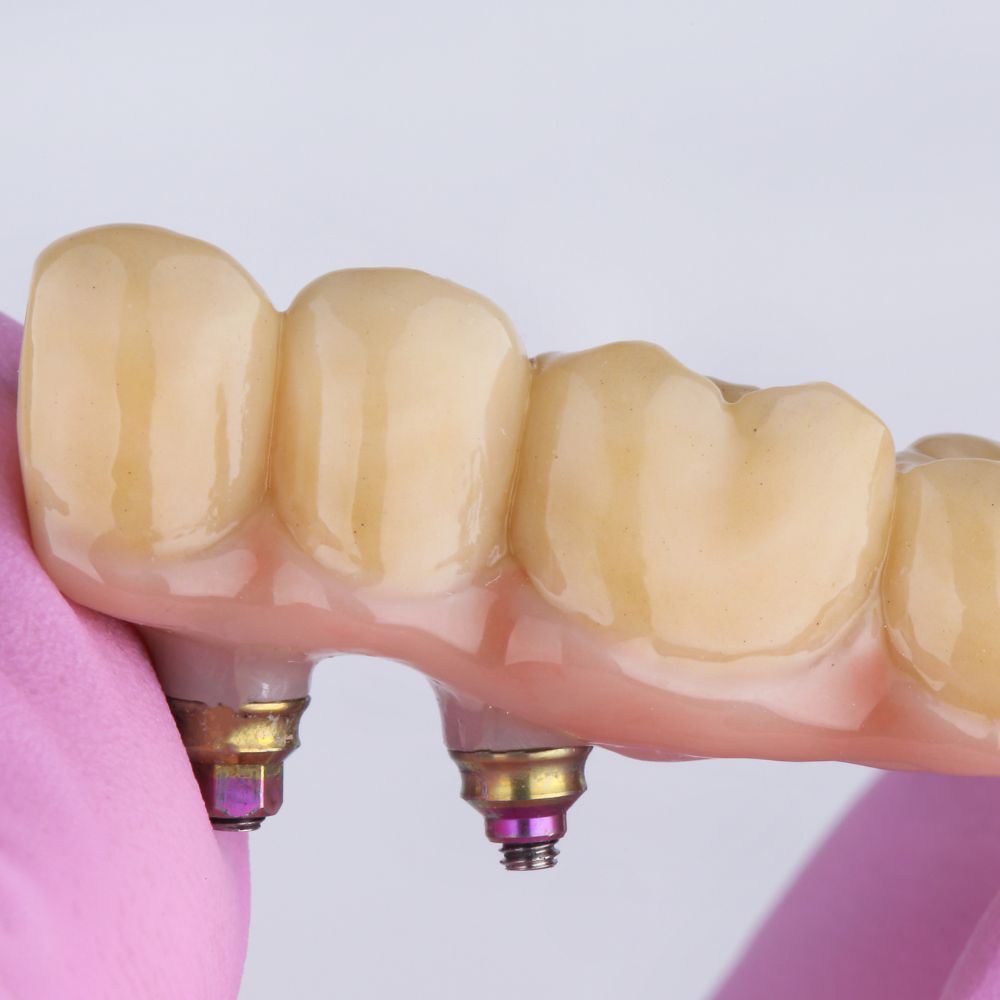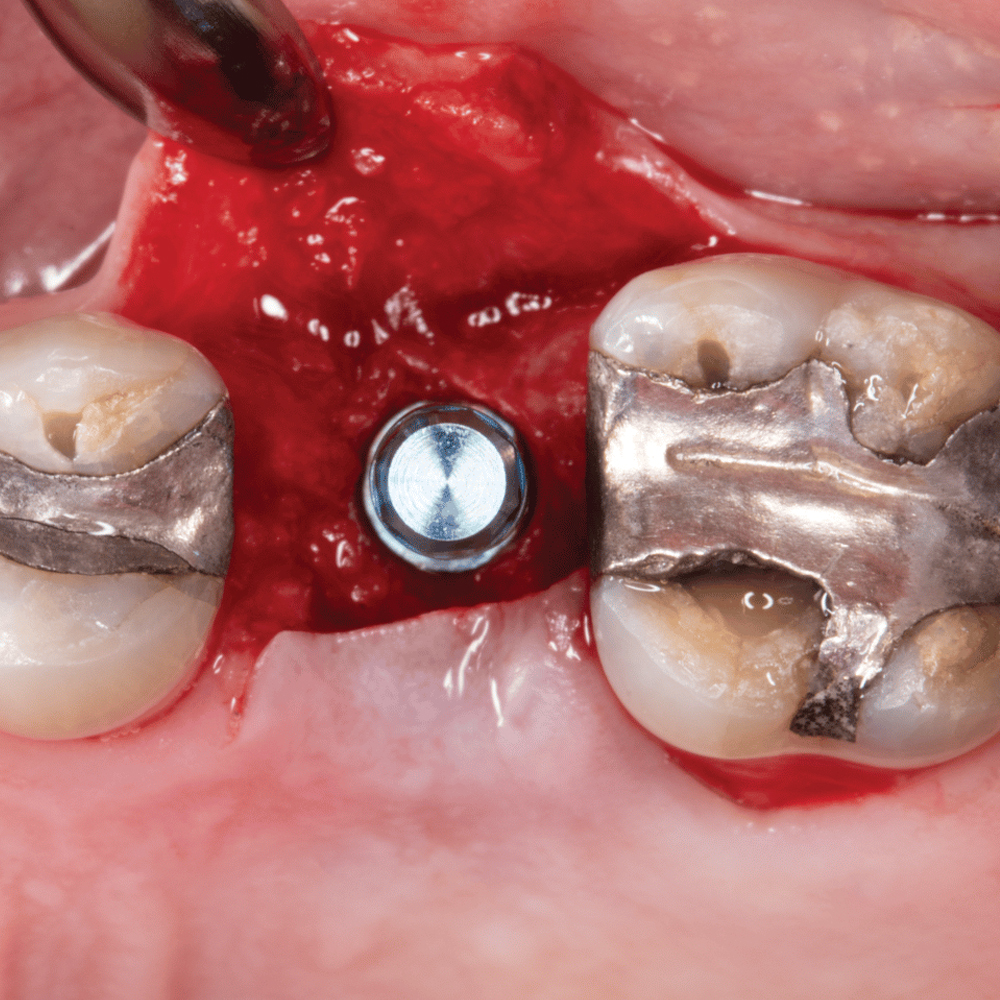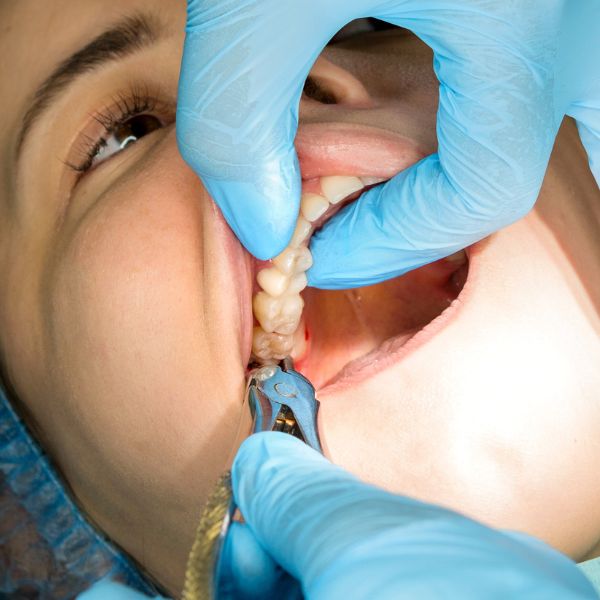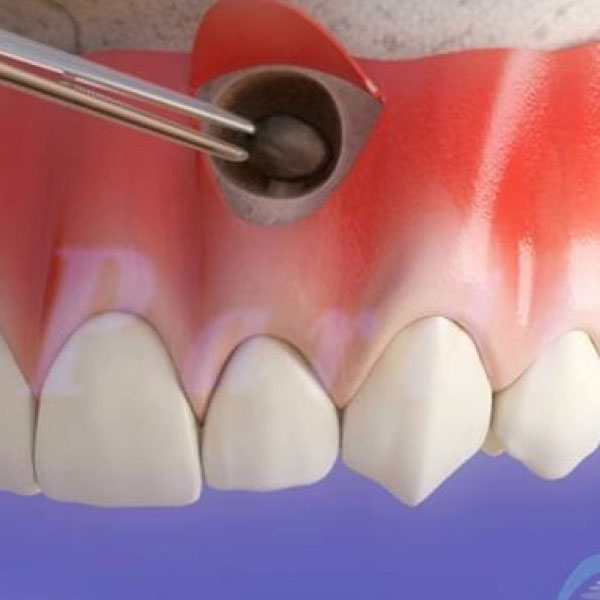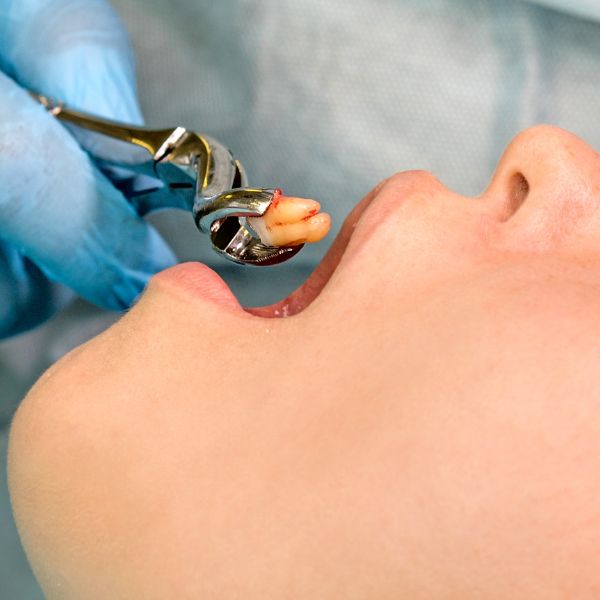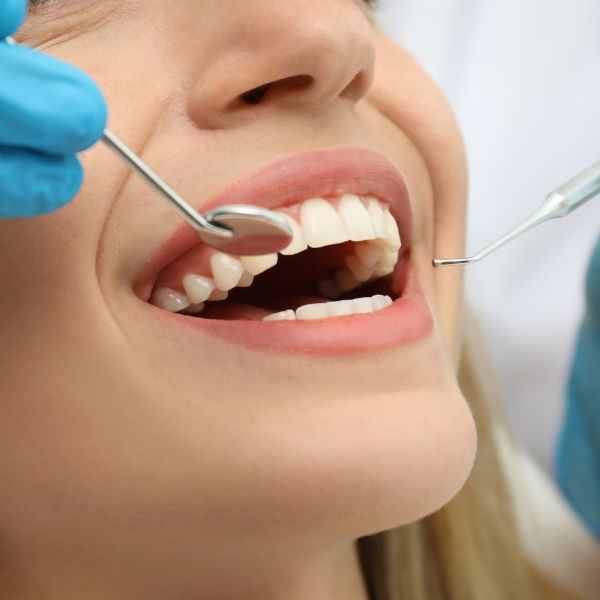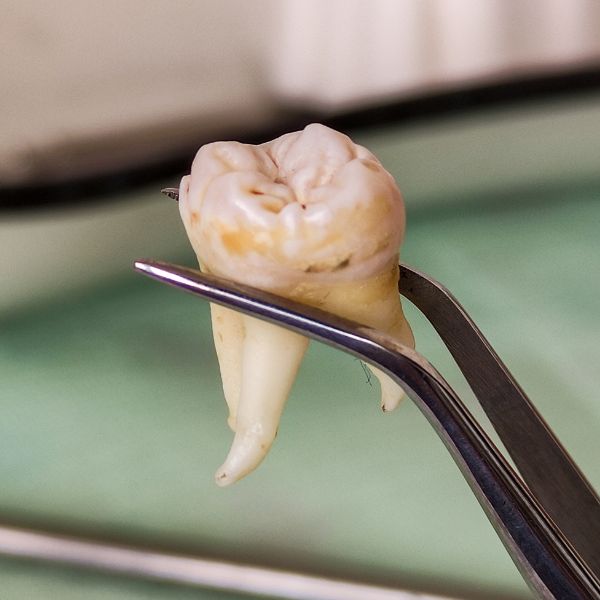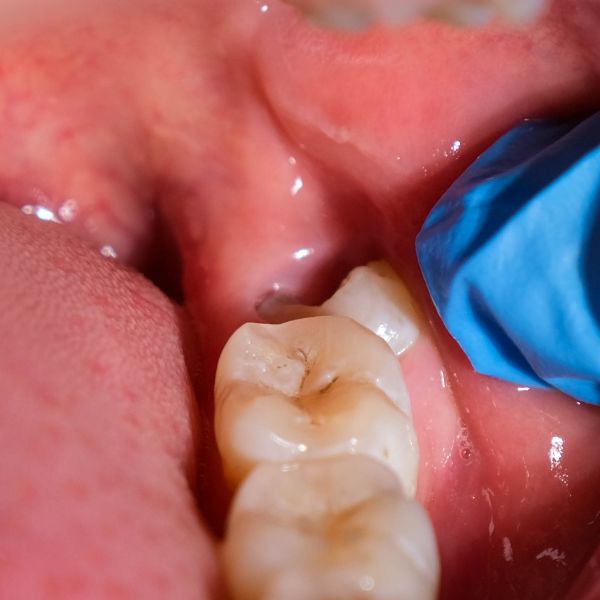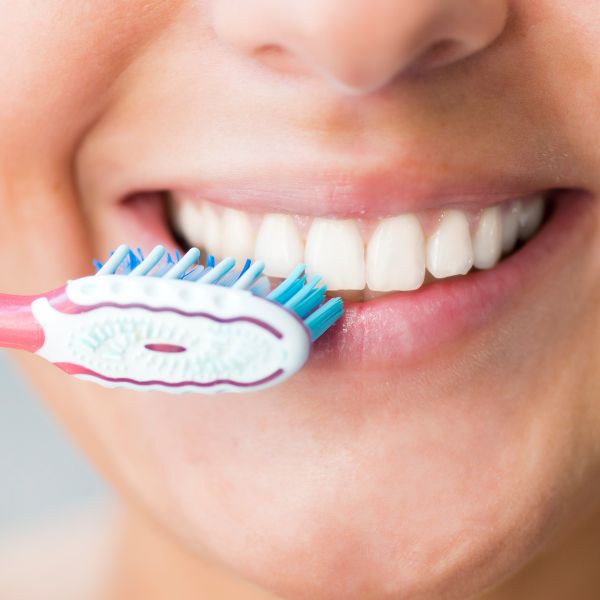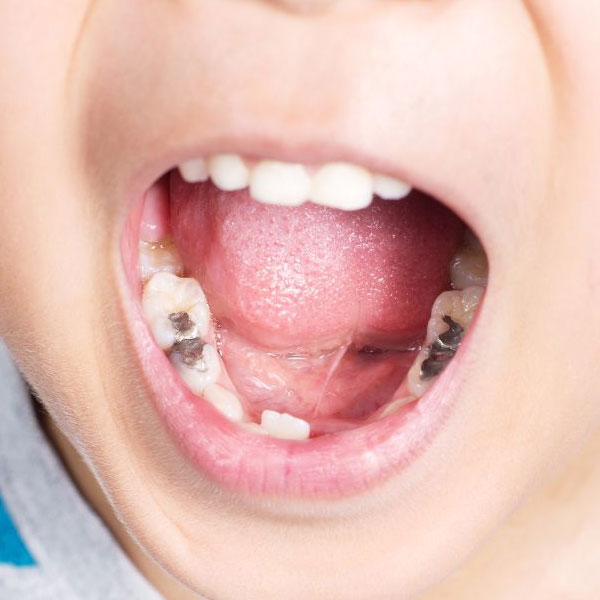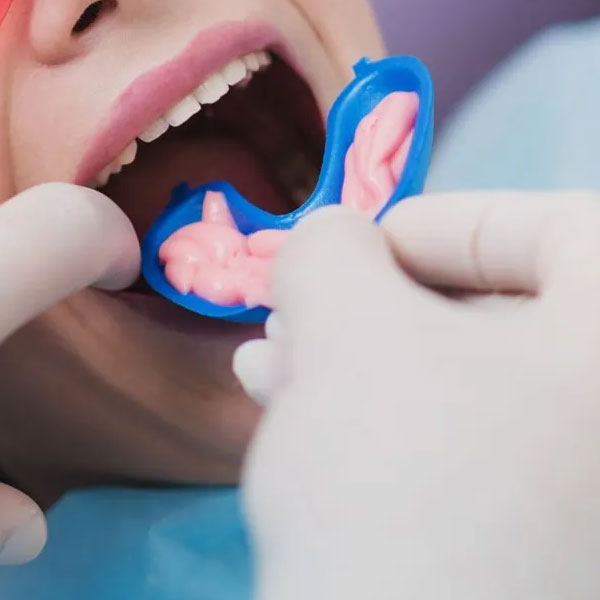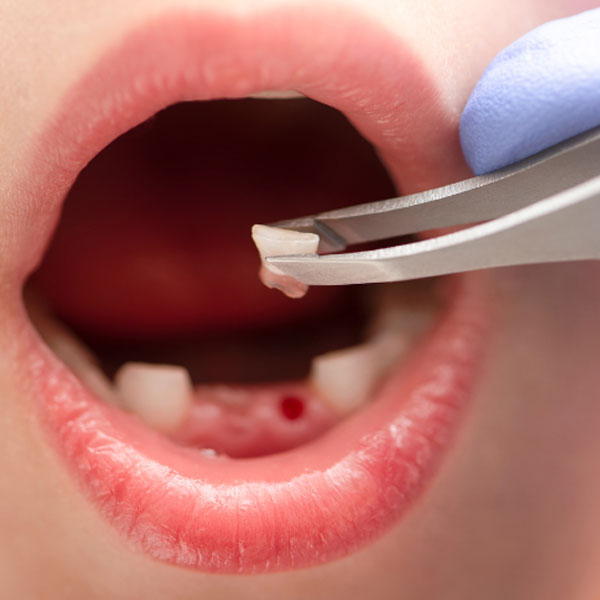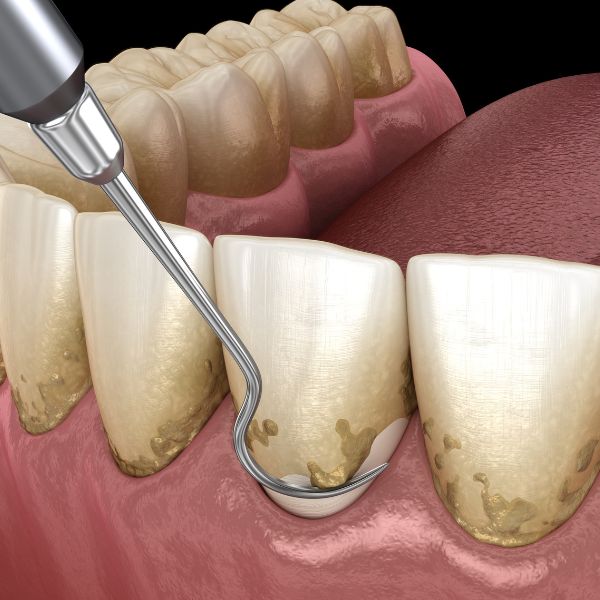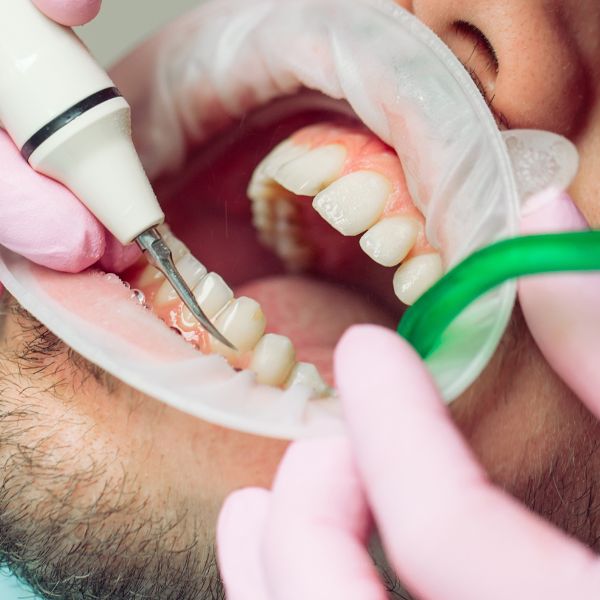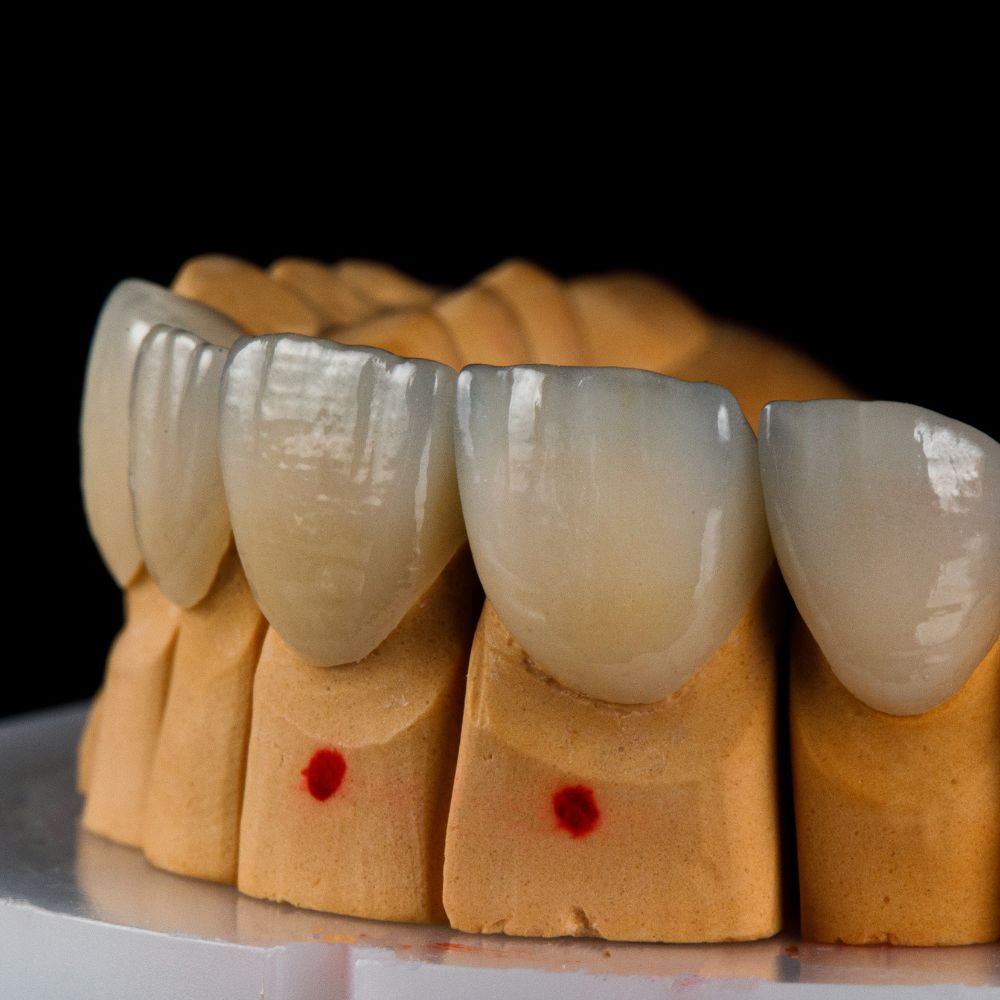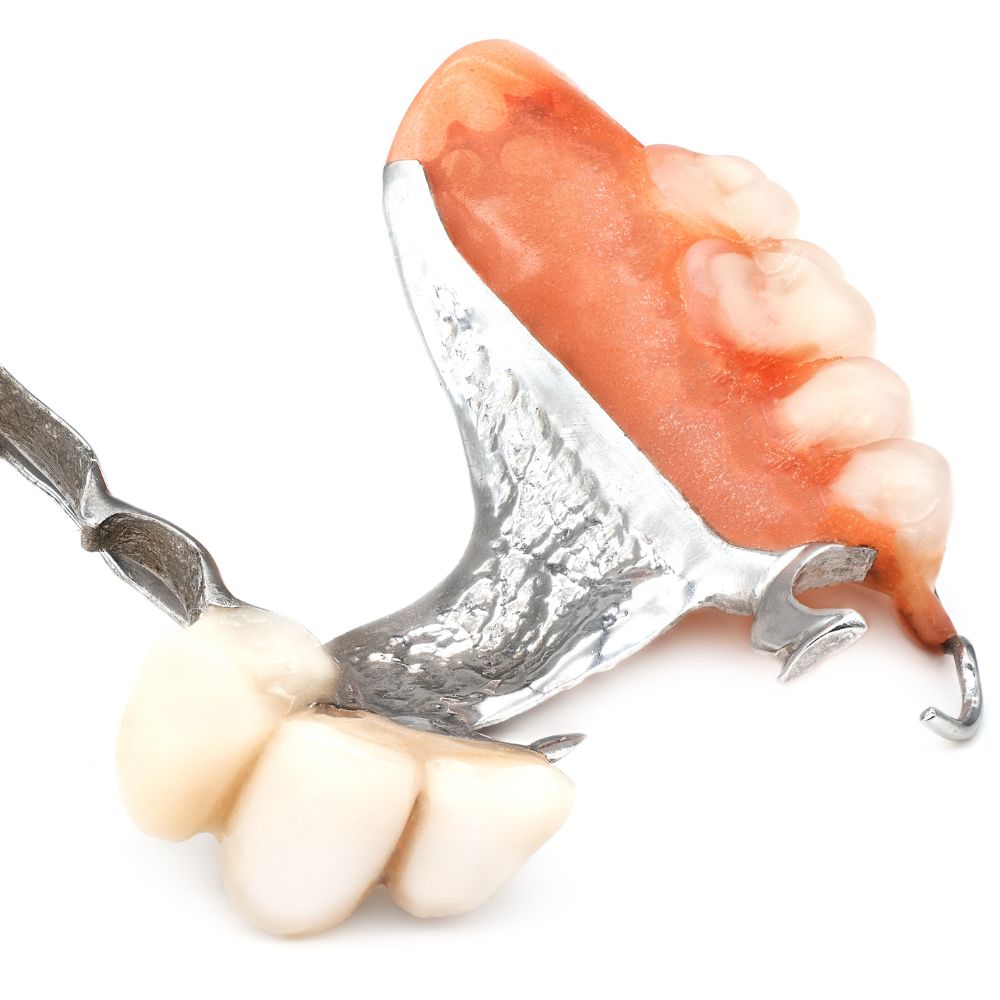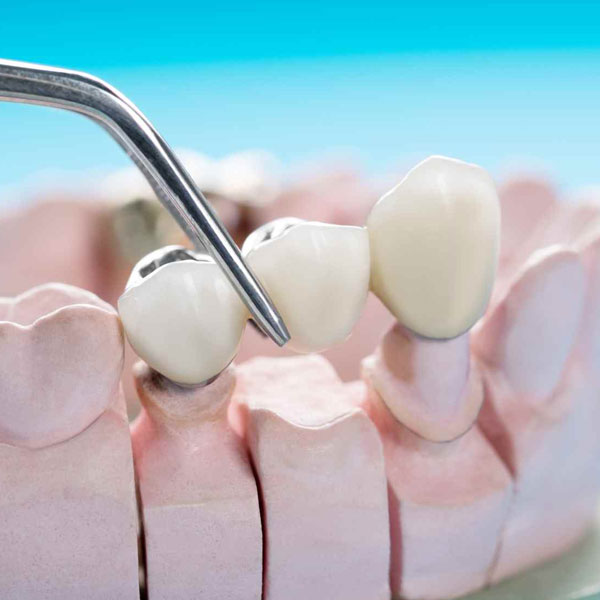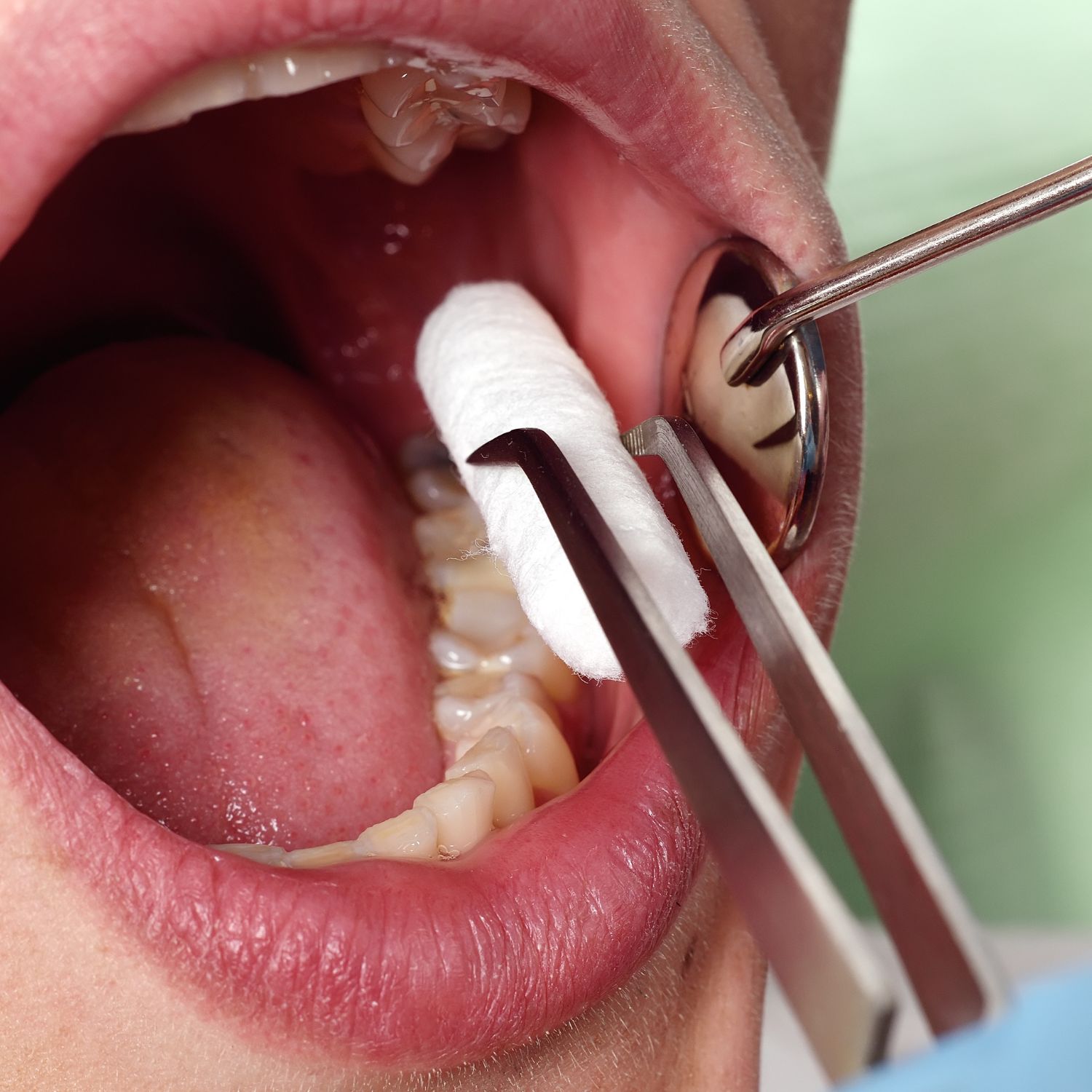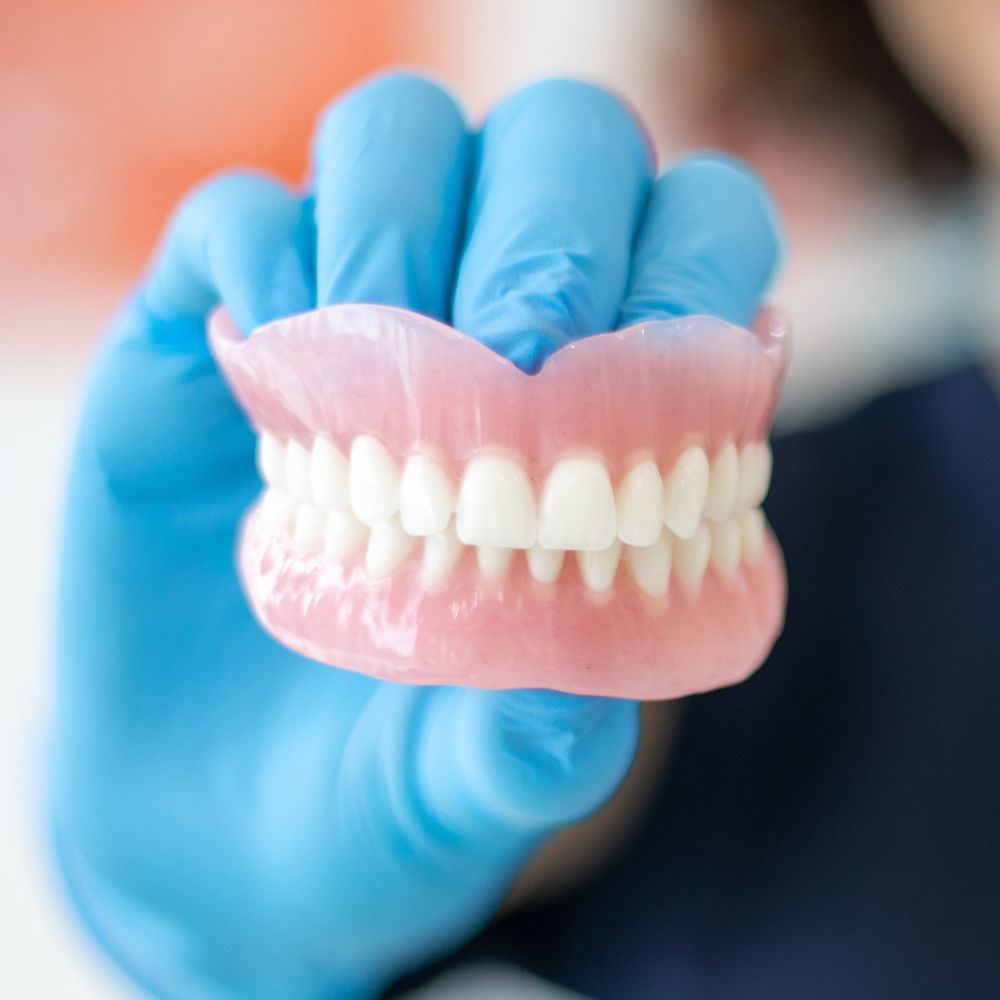Cleaning and
Teeth Polishing
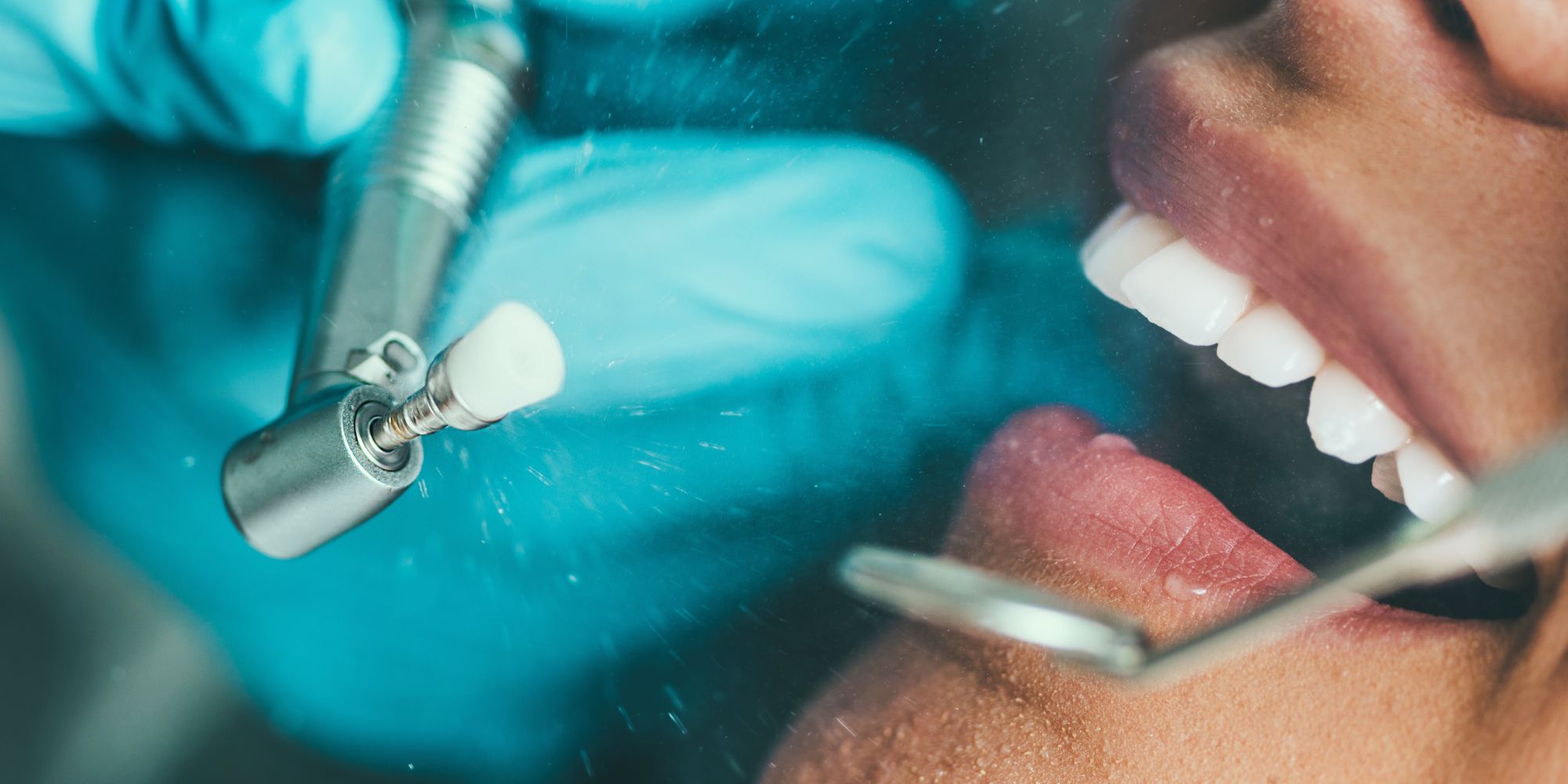
Teeth Cleaning and Polishing
THE care of your oral health is essential for a beautiful smile and your overall well-being. And one of the key components of maintaining good oral hygiene is dental cleaning.
The importance of dental cleaning for oral health
Dental cleaning, also known as scaling, plays a vital role in maintaining good oral health. Even with regular brushing and flossing at home, it's difficult to remove all the plaque and tartar that builds up on your teeth. Over time, this buildup can lead to gum inflammation, tooth decay, and even tooth loss.
During a dental cleaning, the dentist will use specialized tools to remove plaque and tartar build-up from your teeth and along the gum line. This process helps prevent the progression of gum disease and keeps your teeth and gums healthy.
In addition, a dental cleaning also allows the dentist to examine the oral cavity for any signs of problems. They can detect early signs of cavities, gum disease, oral cancer and other problems that may require further treatment. Early detection is crucial to prevent these issues from worsening and causing more significant damage.
Regular dental cleanings not only improve oral health, but also have a positive impact on your overall well-being. Studies have shown a link between oral health and various systemic diseases, including heart disease, diabetes and respiratory infections. By maintaining good oral hygiene through regular cleanings, you can reduce your risk of developing these health problems.
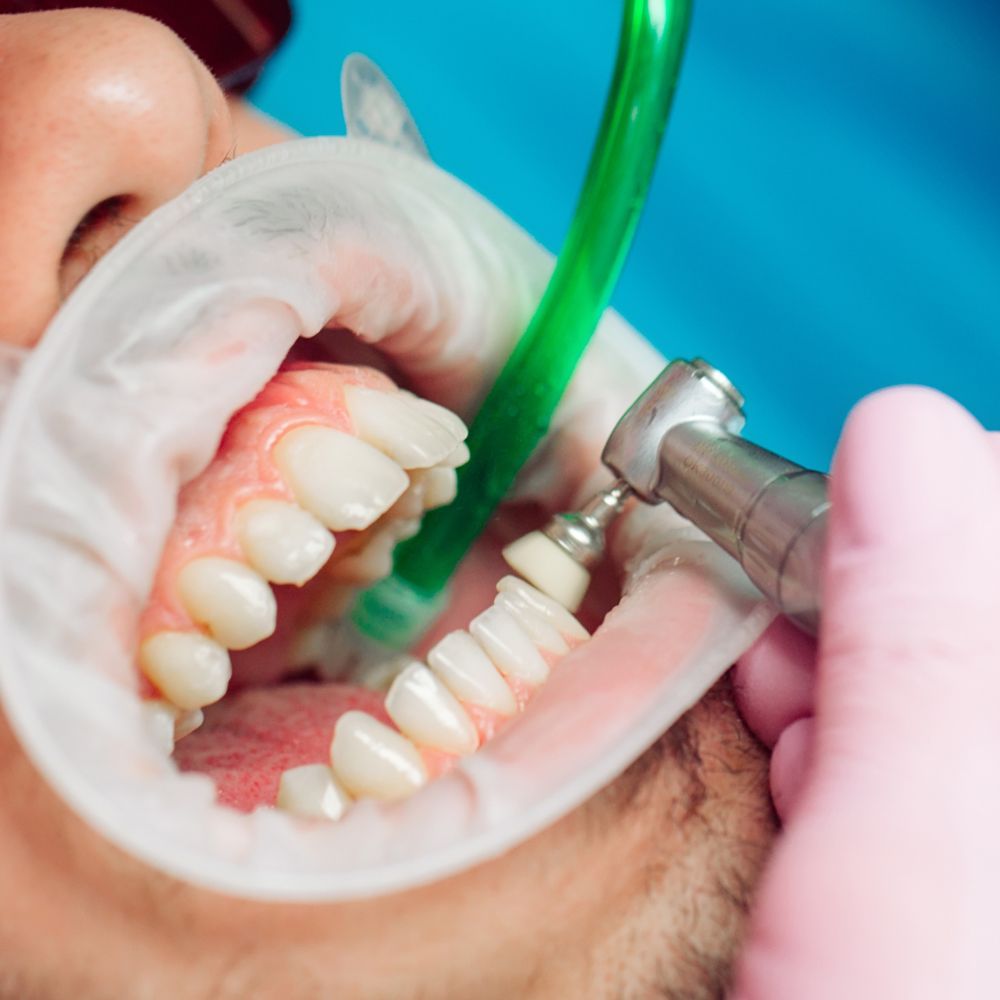
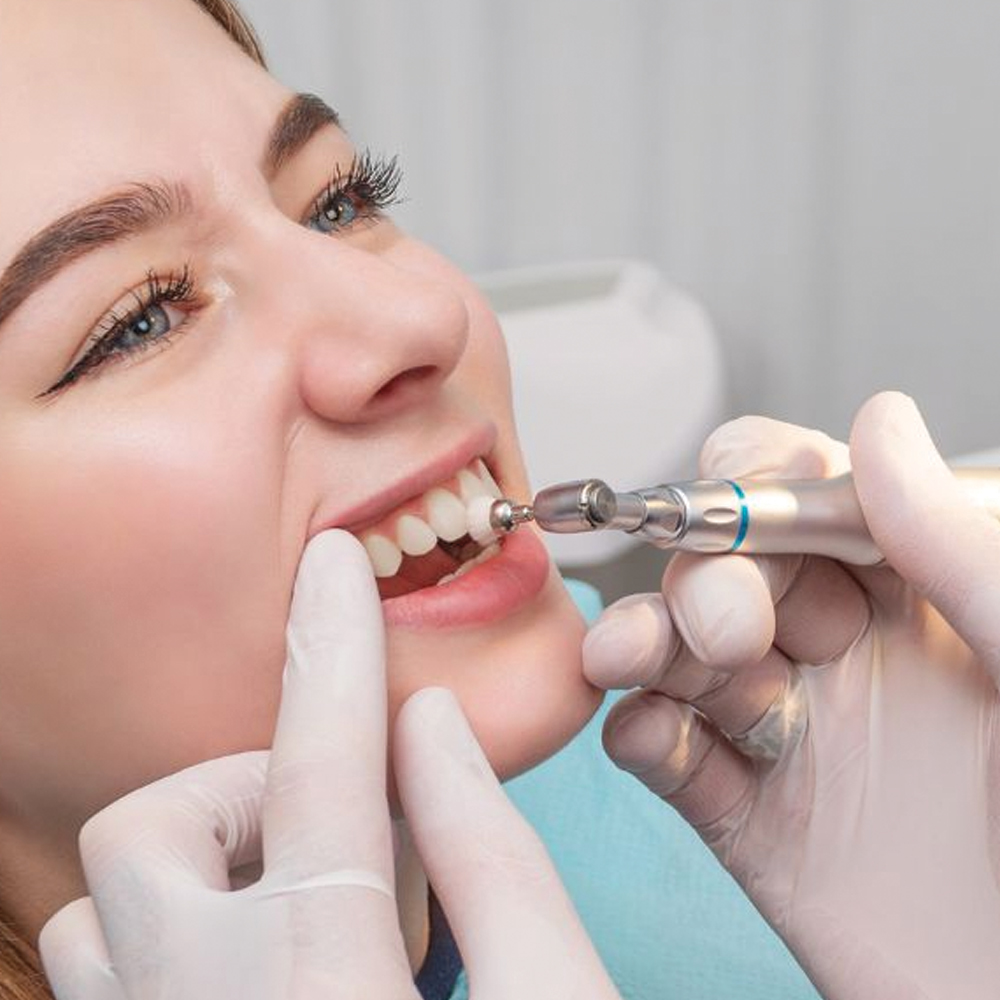
What happens during a dental cleaning?
Teeth cleaning and polishing usually involves several steps to ensure a thorough cleaning of your teeth and gums. Here's an overview of what you can expect during a dental cleaning appointment:
Examination: Before the cleaning begins, the dentist will examine your mouth, looking for any signs of oral health problems. He may use a small mirror to get a better view of your teeth and gums.
Peeling: Scaling is the process of removing plaque and calculus from the surface of the teeth and along the gum line. Dentists use specialized tools called scrapers to carefully remove plaque without damaging the teeth or gums.
Ultrasonic scrapers: Ultrasonic scrapers use high-frequency vibrations to break up plaque and tartar, making it easier to remove. These devices are effective and help remove tough buildup.
Polishing: After exfoliation, they use a rotating brush with a toothpaste with granules to polish the teeth. This process removes any remaining plaque and stains, leaving teeth smooth and shiny.
Use of dental floss: Flossing is a necessary step during dental cleaning to remove any debris or plaque between the teeth and along the gum line.
Fluoride treatment: In some cases, fluoride treatment may be applied after dental cleaning. Fluoride helps strengthen teeth, reduce the risk of cavities and promote overall oral health.
Benefits of regular dental cleanings
Regular dental cleanings offer many benefits beyond just having clean teeth. Here are some key benefits of regular dental cleanings:
Prevention of gum disease: Gum disease, also known as periodontal disease, is a common oral health problem that can lead to tooth loss if left untreated. Regular dental cleanings help remove plaque and tartar, preventing the progression of gum disease and keeping your gums healthy.
Early detection of dental problems: During a dental cleaning, the dentist can detect early signs of cavities, gum disease, oral cancer and other oral health problems. This allows for early treatment and prevents these problems from getting worse.
Fresh breath: Dental cleanings help eliminate bacteria that cause bad breath. By removing plaque and tartar, you can enjoy fresher breath and improved self-confidence.
Whiter teeth: Over time, teeth can become stained or discolored due to various factors, such as smoking, certain foods and drinks. Dental cleanings help remove surface stains and restore the natural whiteness of your teeth.
Improving overall health: Maintaining good oral hygiene through regular dental cleanings has been linked to better overall health. By preventing oral health problems, you can reduce your risk of systemic diseases such as heart disease, diabetes and respiratory infections.
Importance of dental hygiene for children
Maintaining good dental hygiene is essential for children as it lays the foundation for a lifetime of oral health. Poor dental hygiene can lead to various oral health problems such as tooth decay, gum disease and bad breath. In addition, it can affect a child's overall well-being, as dental problems can cause pain and discomfort, leading to difficulty eating, speaking and concentrating.
Request an appointment
Faq Teeth Cleaning and Polishing
How often should you have a dental cleaning?
The frequency of dental cleanings depends on several factors, including your oral health, lifestyle habits, and your dentist's recommendations. In general, most people should schedule a dental cleaning every six months. However, some people may need more frequent cleanings, such as those with gum disease, a history of cavities, or special medical conditions.
Can toothpastes replace dental cleanings?
While toothpastes offer some benefits, they cannot replace the importance of regular dental cleanings. Toothpastes can be a valuable addition to your oral care routine, addressing specific issues and promoting oral health. However, dental cleanings are essential to maintaining optimal oral health.
Toothpastes mainly focus on surface level issues such as whitening or sensitivity. They may not effectively remove deep-seated plaque and calculus, which can only be deeply removed through professional dental cleaning. Dental cleaning also provides a comprehensive examination of your oral cavity, allowing early detection and treatment of potential problems.
Why do smokers need more frequent visits to the dentist?
Smoking can significantly increase the risk of various oral health problems. Because of this, smokers should make more frequent visits to the dentist to monitor and treat any problems. The chemicals and toxins present in cigarettes can compromise the health of the teeth, gums and overall oral cavity. Regular dental checkups allow your dentist to spot and treat these issues in their early stages, preventing further damage and potential complications. Additionally, dentists can provide guidance and support to help smokers quit, further improving their oral health
Common oral health problems caused by smoking
Smoking can contribute to a number of oral health problems, some of which can be quite serious. One of the most common problems is gum disease. Smoking compromises the health of the gums, making them more vulnerable to infection and inflammation. This can lead to symptoms such as bleeding, swelling and gum sensitivity. Untreated gum disease can progress to periodontitis, which can cause receding gums, loose teeth, and even bone loss in the jaw. Smokers are also at a higher risk of developing oral cancer, which can affect the lips, tongue, cheeks and throat. Regular dental visits can help detect and treat these problems early, improving the chances of successful treatment.
Average time for dental cleaning and polishing
Dental cleaning and polishing are key aspects of maintaining good oral hygiene. Many people wonder how long a dental cleaning and polishing session takes. Although the duration can vary depending on several factors, the average time for a dental cleaning and polishing is usually about 45 minutes to an hour.
When should children start having dental cleanings and polishings?
As a parent, you may be wondering when it is appropriate for your child to start receiving dental cleanings and polishing. Dental hygiene plays a key role in maintaining oral health and starting early can have long-lasting benefits
Dental cleaning and polishing usually begin around the age of three, when the child is better able to tolerate the procedure.

